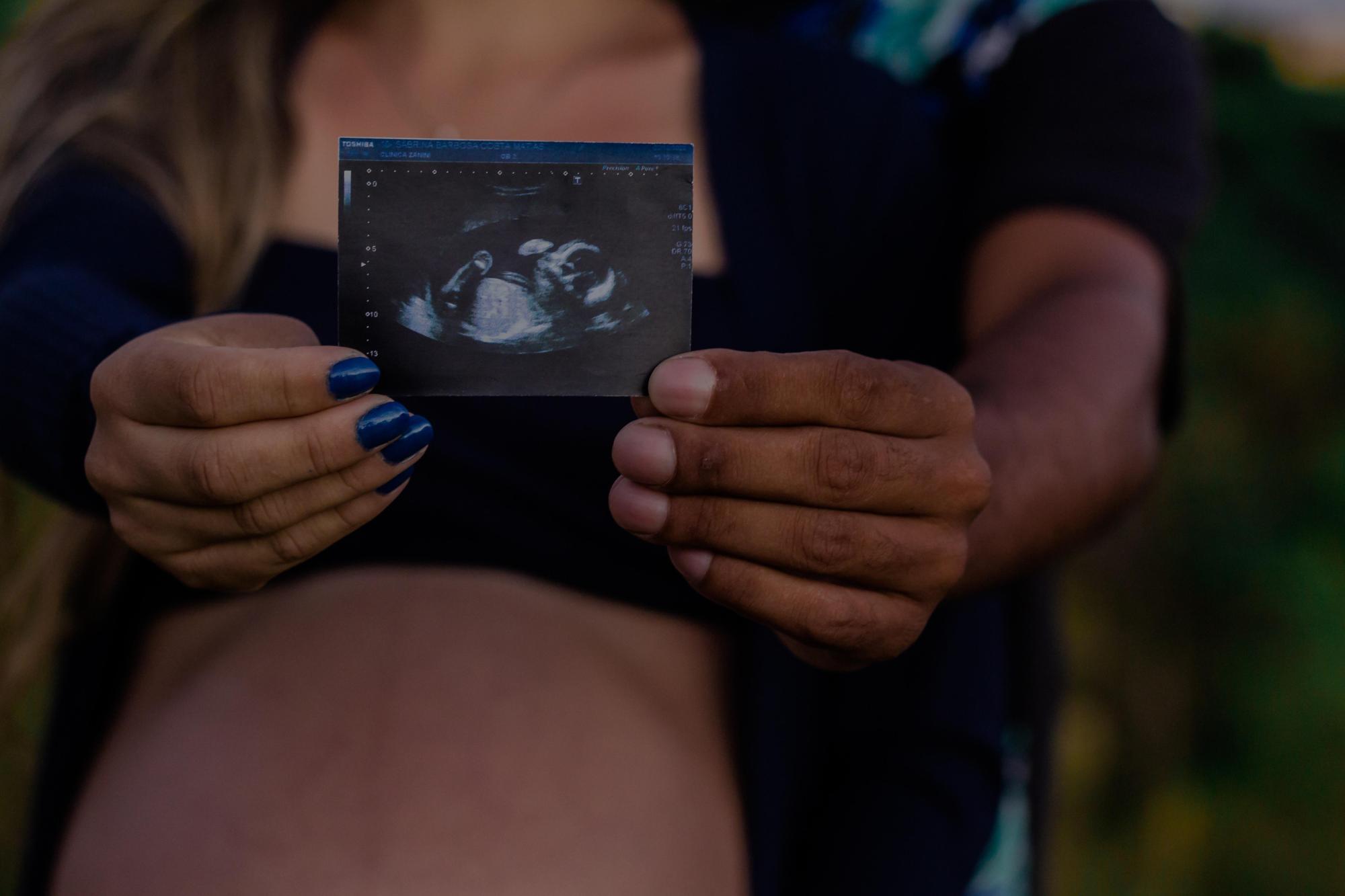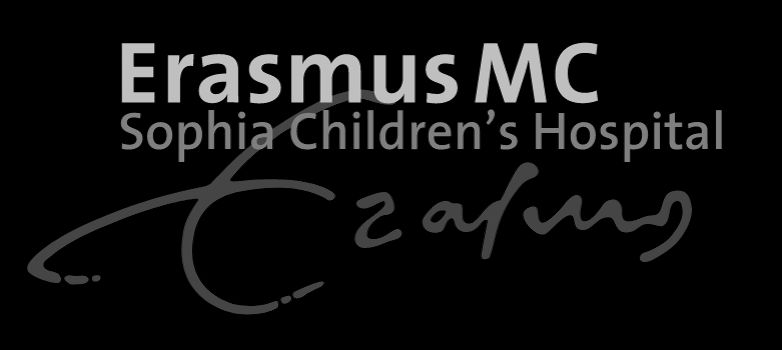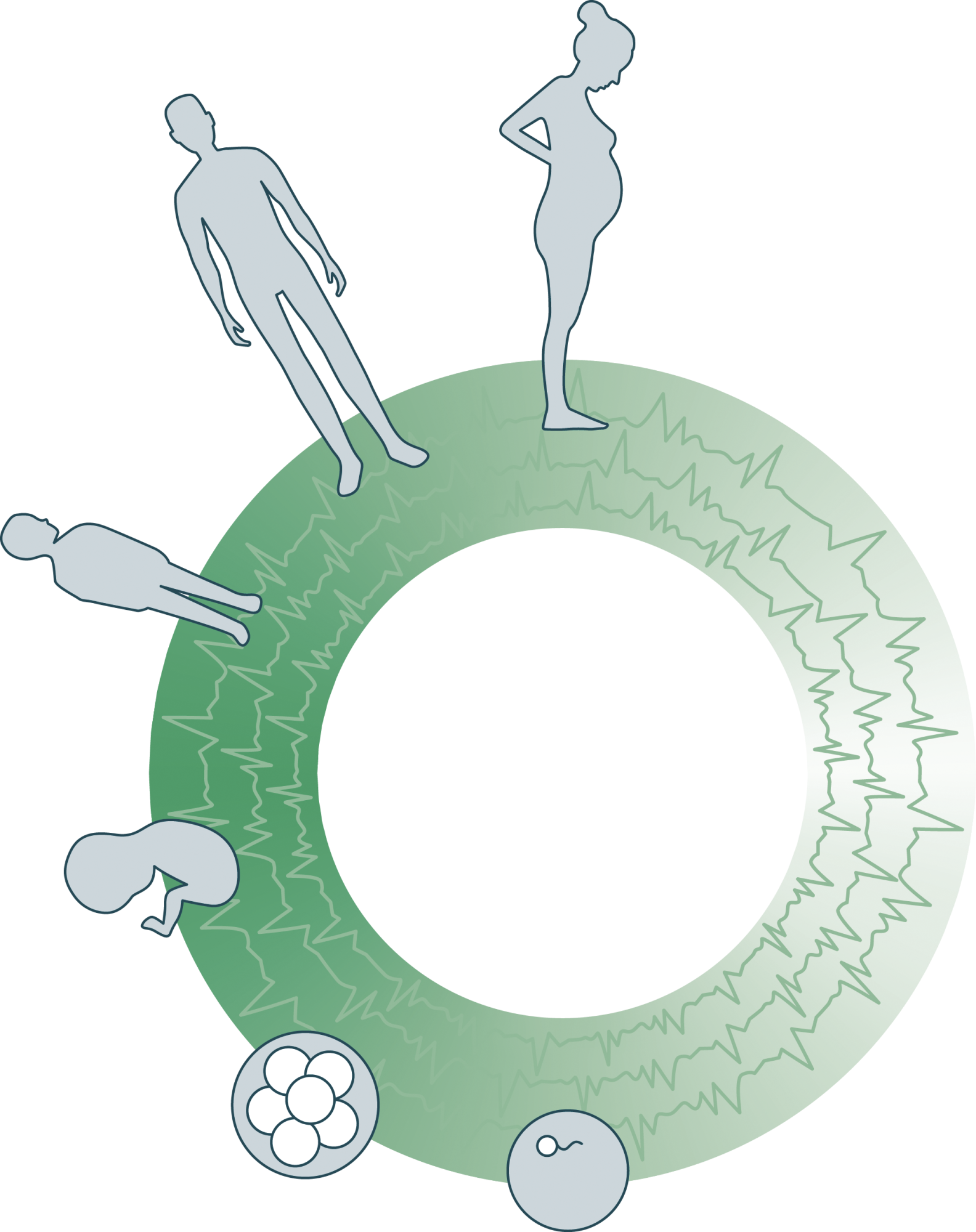Effectiveness of ultrasound screening: a Cochrane systematic review
24-01-2023
We are currently undertaking a Cochrane systematic review to determine the accuracy of routine ultrasound screening for detecting fetal abnormalities during the first and second trimester of pregnancy. There are many different types of fetal abnormalities. In this review we focus on abnormalities that affect the function or structure of fetal organs, which can be visualised by ultrasound imaging. These are commonly referred to as structural abnormalities. Fetal structural abnormalities can vary from mild to severe and can present with profound abnormalities on ultrasound imaging or very subtle ones. Therefore, we will both determine the effectiveness of ultrasound screening for detecting any type of abnormality, as well as for detecting selected specific types of abnormalities such as spina bifida and congenital heart defects. We also aim to identify potential sources of variations in detection rates found by different studies. Factors that we are looking into are how recent the study was performed, the screening protocol that was used, by whom the ultrasound scan was performed and how well cases that were potentially missed before birth were identified postnatally.
“Through this comprehensive review we aim to provide an updated overview of the literature on the accuracy of ultrasound screening and to identify the areas where population-based screening for fetal abnormalities can be improved.”
You can find our published review protocol in the Cochrane Library.
Image by Julio Cesar costa The Megament from Pixabay.
Author Marieke Buijtendijk
Daphne Naessens receives two grants for research on brain cleansing
Daphne Naessens receives two grants for research on brain cleansing We are pleased to announce that…
Read moreESRF User Meeting Grenoble
True scientific inspiration at the ESRF User Meeting in Grenoble! What an incredible place—the synch…
Read moreThe ABC WIN Seminar in Val d’Isère
The ABC WIN seminar in Val d’Isère is renowned for bringing together leading experts in intervention…
Read more






